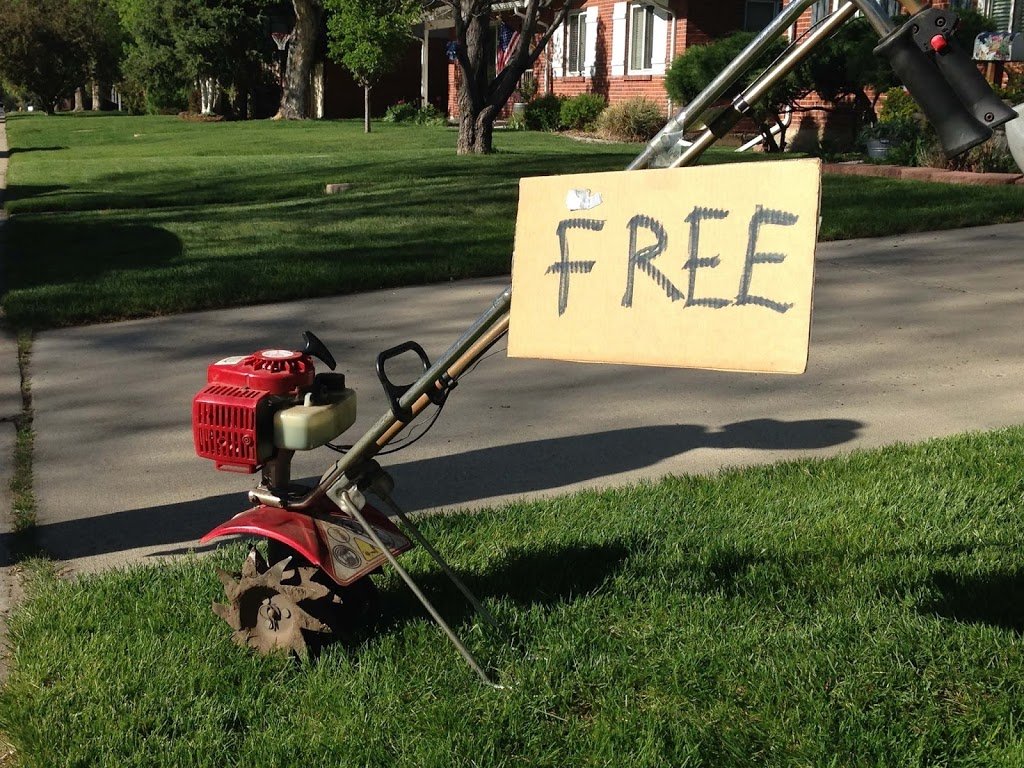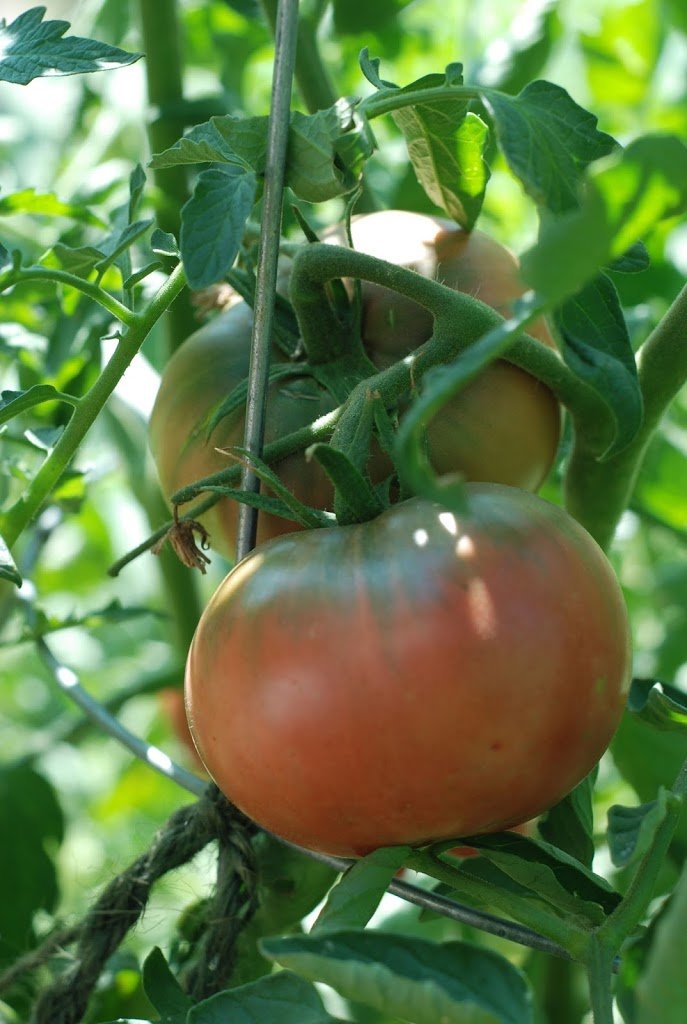
Springtime Means Dusting off the Rototiller… WRONG!
April 16, 2018Sisyphus, according to Greek mythology, was forced to roll a boulder up a hill as punishment for his trickery against Zeus. The only problem was, each time Sisyphus reached the top, the boulder would roll back down and he had to do it all over again, for eternity. Every Spring, anxious gardeners ceremoniously wheel out rototillers to bust up compacted beds without ever realizing they are rolling that same boulder up the hill over and over and over again.
Here’s a few things to consider:
1. Cut your worms some slack
Worms are truly a gardeners best friend. A high worm population signals a healthy soil environment. Not only do worms leave behind nutrient rich castings, just as importantly, they tunnel through your soil creating pathways for roots to grow along. Every time you till, you destroy these root passages and force your worms to start all over.
2. Some beneficial micro organisms are highly sensitive to sunlight and air
These billions of micro organisms are absolutely necessary for healthy soil. Unfortunately, every time you till you kill these micro organisms by exposing them to the elements. Absent the necessary micro organisms, gardeners reach for, and rely on, synthetic fertilizers. Salt, from synthetic fertilizers, builds in the soil and drives away worm populations and further destroys sensitive micro organisms. Less micro organisms means more synthetic fertilizer use and more synthetic fertilizer use means less micro organisms and so on until your garden becomes a lifeless swath of… dirt.
3. Clay is still clay… even after you till it
Freshly tilled soil may look nice, right now, but that loose dirt, and clods, will eventually bind back together and become the nasty, compacted, clay you tilled in the first place. If you have compaction issues, begin to incorporate gravel, untreated bark chips, perlite and such into planting holes to keep the soil loose. Remember to mulch heavily with things like the untreated bark chips, leaves, grass clippings and coffee grounds. These additives will eventually change the soil’s composition as worms, insects, and micro organisms break down the organic matter and pull it into the soil. Read my post on transforming clay for more information.
The one and only time to till a garden bed is when you first establish that bed. If you absolutely feel the urge to work the soil in the Spring use a hoe and rough up only the top inch or two. Quit needlessly rolling that boulder up the hill and allow your soil and its inhabitants to work for you. Not only will you save time, but maybe you can make a few extra bucks when you sell that out of work rototiller to your next door neighbor, Sisyphus.


